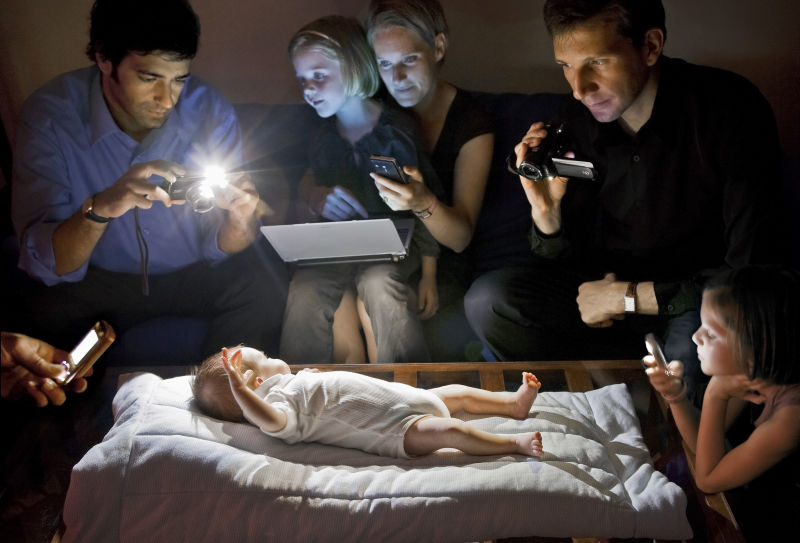"What I’m really worried about is the cost to democracy; today it’s nearly impossible to be truly anonymous," MIT Media Lab Director Joi Ito says in the film.
Perhaps most striking in the documentary: how big data is rapidly being applied to health care.
"We talk a lot in the movie about medicine," says director and producer Sandy Smolan.
"Now that the cost of getting your DNA sequenced has dropped so low, it’s only a matter of years before hospitals compile medicine for you."
Smolan says precision will make today's health care system seem woefully antiquated.
"We’ll look back at this period and say, 'How barbaric, we just prescribed medicine and hope it worked.'"
The film explores four public health advances fueled by big data:
Google Flu Trends. The search engine used real time search results to predict infectious outbreaks, such as the flu, which previously took several weeks for the Centers for Disease Control and Prevention to track.
Monitoring health. If millions of people tracked their health continuously, producing huge amount of physiological information, what would that enable? "There's a company right now in Boston that can actually predict you're going to get depressed, two days before you get depressed," says journalist Rick Smolan.
Heartbeat data saves infants. Data scientist Carolyn McGregor aggregated data from medical equipment to predict the onset of life-threatening infections in premature babies before physical symptoms appeared.
Whole genome sequencing and personalized medicine. Digitizing our genome could revolutionize personal health care. In the film, a daughter tests for mutations in the BRCA2 gene, to see if she inherited the mutation from her mom, which would lead to an increased risk for breast cancer.
Mapping the spread of malaria. The organization Ushahidi worked with a communications network to map malaria hotspots in Kenya. Since 2000, Malaria infections are down 25 percent worldwide.
Last week, Here & Now’s Jeremy Hobson spoke with executive producer Rick Smolan and Shwetak Patel, a computer science and engineering professor at the University of Washington, who appears in the film. Listen below:
